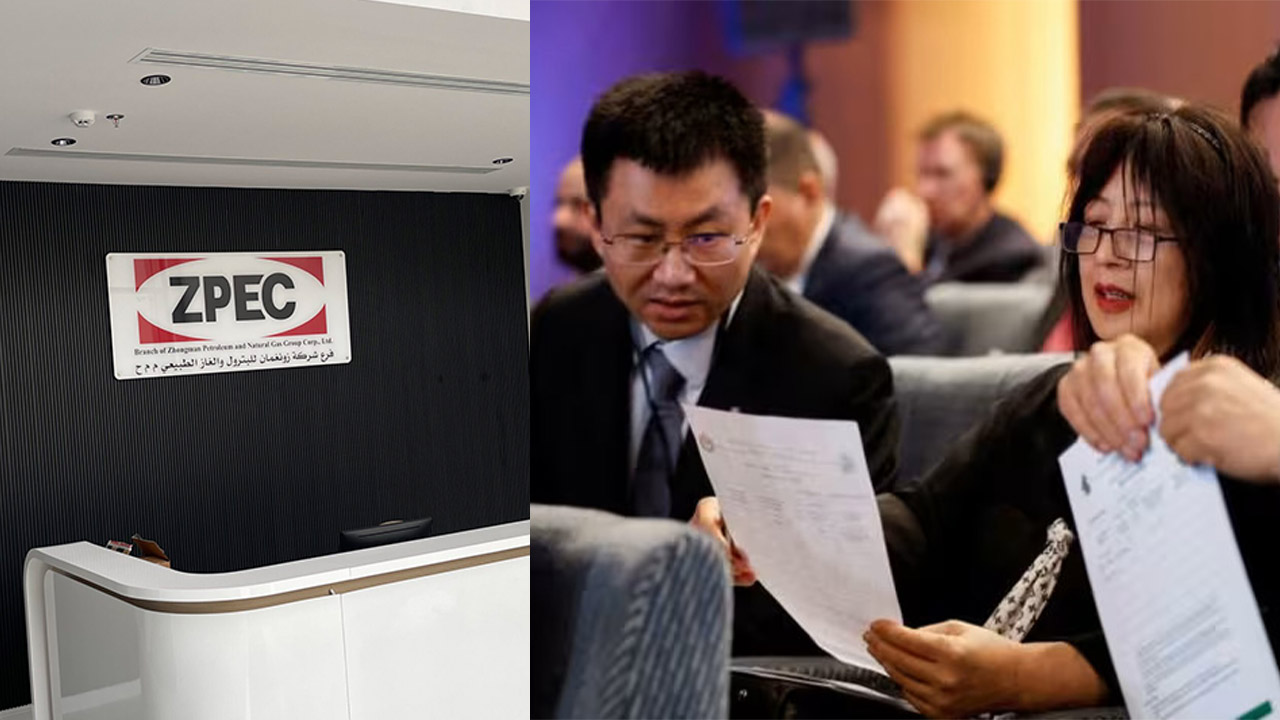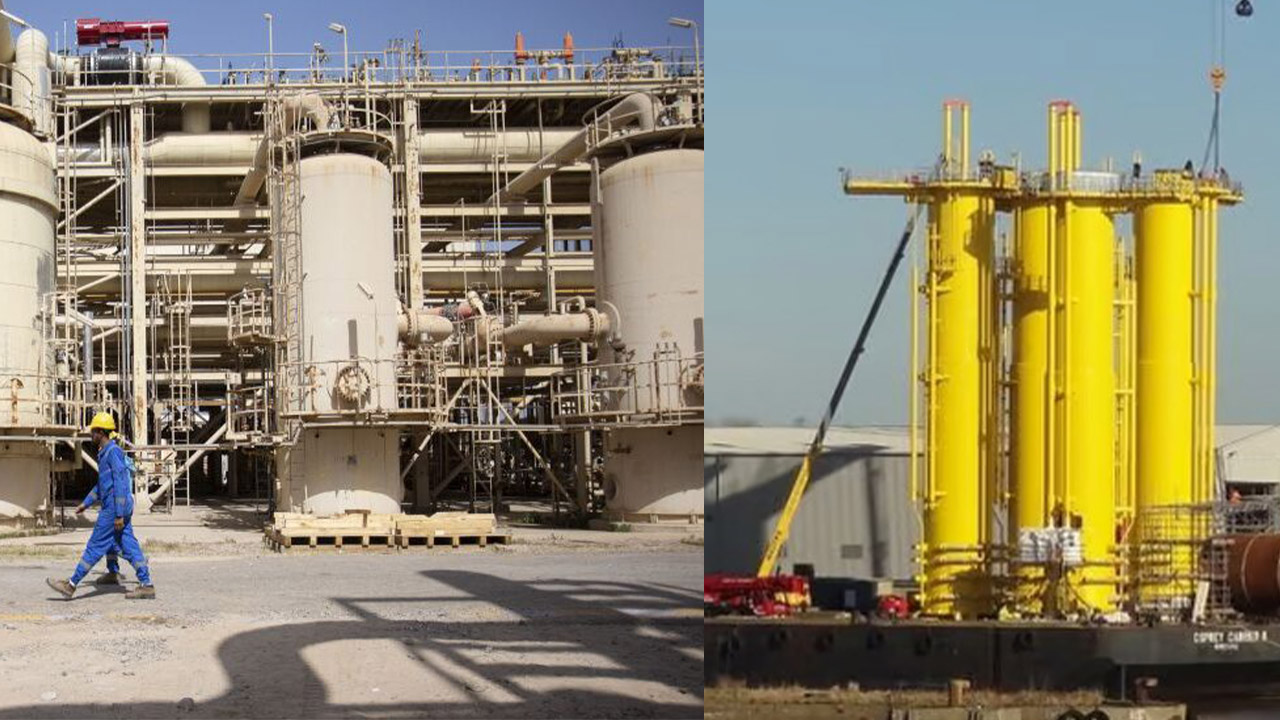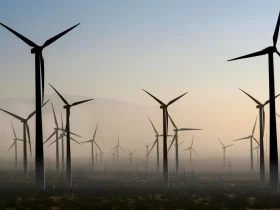Iraq conducted an oil and gas licensing round for 29 projects recently in a concerted effort to exploit its vast gas reservoirs, aiming to bolster its energy capacity and attract substantial investments.
These exploration blocks are distributed across 12 governorates in central, southern, and western Iraq, notably featuring an offshore exploration block in Iraq’s Arab Gulf waters for the first time.
Chinese companies secured five fields in the bidding process. Zhongman Petroleum and Natural Gas Group (ZPEC) acquired the northern extension of the Eastern Baghdad field, situated in Baghdad, and the Middle Euphrates field spanning the southern Najaf and Karbala provinces, as announced by the oil ministry.
China’s United Energy Group Ltd successfully bid for the development of the Al-Faw field in southern Basra. Additionally, ZhenHua won the bid for Iraq’s Qurnain field along the Iraqi-Saudi border region, while Geo-Jade secured the bid for Iraq’s Zurbatiya oil and gas field in the eastern Wasit.

Two oil and gas fields were awarded to Iraq’s KAR Group—the Dimah field in eastern Maysan province, and the Sasan & Alan fields in Iraq’s northwestern Nineveh province, according to the oil ministry.
Iraq, ranking as OPEC’s second-largest producer following Saudi Arabia, had previously conducted its last licensing round, the fifth, back in 2018.
The recent “fifth plus” licensing round incorporates numerous projects from the preceding round alongside a new sixth round comprising 14 projects, as stated by Iraqi Oil Minister Hayan Abdel-Ghani.
Over 20 companies were pre-qualified for participation in the latest round, including European, Chinese, Arab, and Iraqi entities, with notable absence of US oil majors.

Iraq’s oil production capacity has experienced growth, escalating from 3 million to approximately 5 million barrels per day (bpd) in recent years.
However, the exit of industry giants like Exxon Mobil Corp and Royal Dutch Shell Plc from several projects due to lackluster returns has cast uncertainty on future growth prospects.
Furthermore, developmental progress has been impeded by increasing investor emphasis on environmental, social, and governance criteria.
At one point, Iraq had aspired to rival top global producer Saudi Arabia, targeting an output of 12 million bpd or more, which would represent over a tenth of global demand.






Leave a Reply